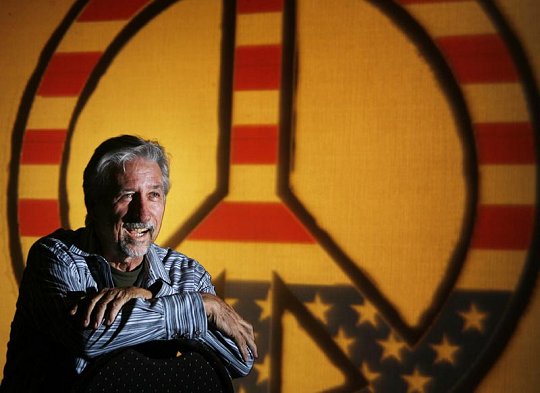The Military
Occupation
of Our Minds
By Tom Hayden
Huffington Post
April 27, 2010 - As Congress weighs Afghanistan funding, the military is escalating what it calls the "war of perceptions" at home and abroad. The question is whether the American media and Congress will collaborate in the Pentagon's press strategy or retain a critical edge.
It is no accident that the Pentagon is shaping the "information battlespace" by welcoming friendly reporters and think tank hacks to beam back commentaries about the Kandahar offensive to the American people.
Nor is it accidental that the US is soft-pedaling any public criticism of its crooked crony in Kabul, Hamid Karzhai, as thousands of American soldiers are being dispatched to face bullets in his defense.
Nor is there any question that Afghan civilian casualties are being downplayed or covered-up. The agency in charge of counting the bodies, the United Nations Assistance Mission to Afghanistan, published a footnote last year admitting "there is a significant possibility that UNAMA is under-reporting civilian casualties."



